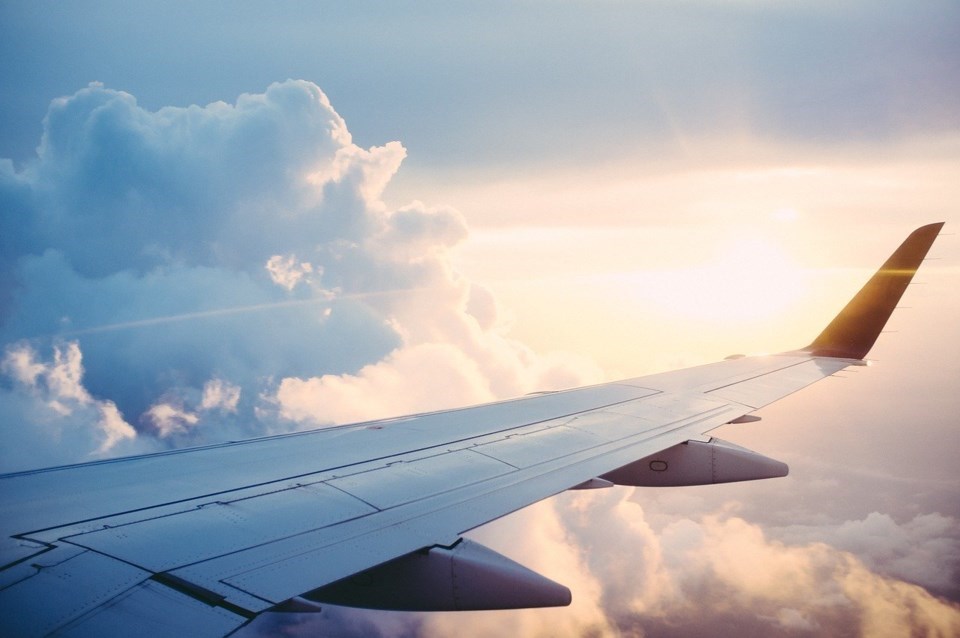The B.C. Centre for Disease Control (BCCDC) has added seven more flights to their list of possible COVID-19 exposures.
The flights were added to the centre’s online list of public exposures between Jan. 24 and Feb. 2. Of the seven flights, five were domestic and two were international.
The affected flights are:
- Jan. 24: Air Canada flight 301 from Montreal to Vancouver (affected rows: 33 to 26 and 43 to 49)
- Jan. 29: AeroMexico flight 696 from Mexico City to Vancouver (affected rows: 26 to 30)
- Feb. 1: Air Canada flight 551 from Los Angeles to Vancouver (affected rows: one to four)
- Feb. 1: Air Canada/Jazz flight 8239 from Terrace to Vancouver (affected rows: six to 12)
- Feb. 1: Air Canada/Jazz flight 8550 from Vancouver to Regina (affected rows note reported)
- Feb. 1: WestJet flight 711 from Toronto to Vancouver (affected rows: 16 to 22)
- Feb. 2: Air Canada flight 306 from Vancouver to Montreal (affected rows: 36 to 42)
According to the BCCDC, people seated in the affected rows should be considered at a higher risk of exposure to the virus. However, the agency recommends anyone who was on the flight to self-monitor for symptoms for 14 days.
People arriving in Canada from outside of the country are required to self-isolate and monitor for symptoms for 14 days under the federal Quarantine Act.
Key symptoms of COVID-19 include: fever or chills, cough, loss of sense of smell or taste and difficulty breathing.
Further travel restrictions announced
On Friday, the federal government announced new rules in a bid to discourage non-essential, international travel and Canada's main airlines have agreed to suspend service to Mexico and the Caribbean.
Air Canada, Westjet, Sun Wing and Air Transat, will cancel their flights to those sun destinations beginning Sunday, Jan. 31, until April 30.
The new restrictions are aimed at stemming the spread of new variants of COVID-19.
Starting next week, international flights will also only be able to land at four airports: Vancouver, Calgary, Montreal and Toronto.
Furthermore, once they land, international travellers will be required to take a PCR test at the airport to determine if they have COVID-19. While they await their test results, they will need to wait at an approved hotel for up to three days at their own expense – which is estimated at about $2,000.
This is in addition to the pre-flight testing for international travellers put in place on Jan. 7.
In the coming weeks, non-essential travellers will also have to provide a negative test at the land border with the U.S.
Those who test negative for the virus will be allowed to quarantine at home, while those international travellers who test positive will be send to a designated government facility to quarantine.
- With files from Stefan Labbé/Tri-City News



